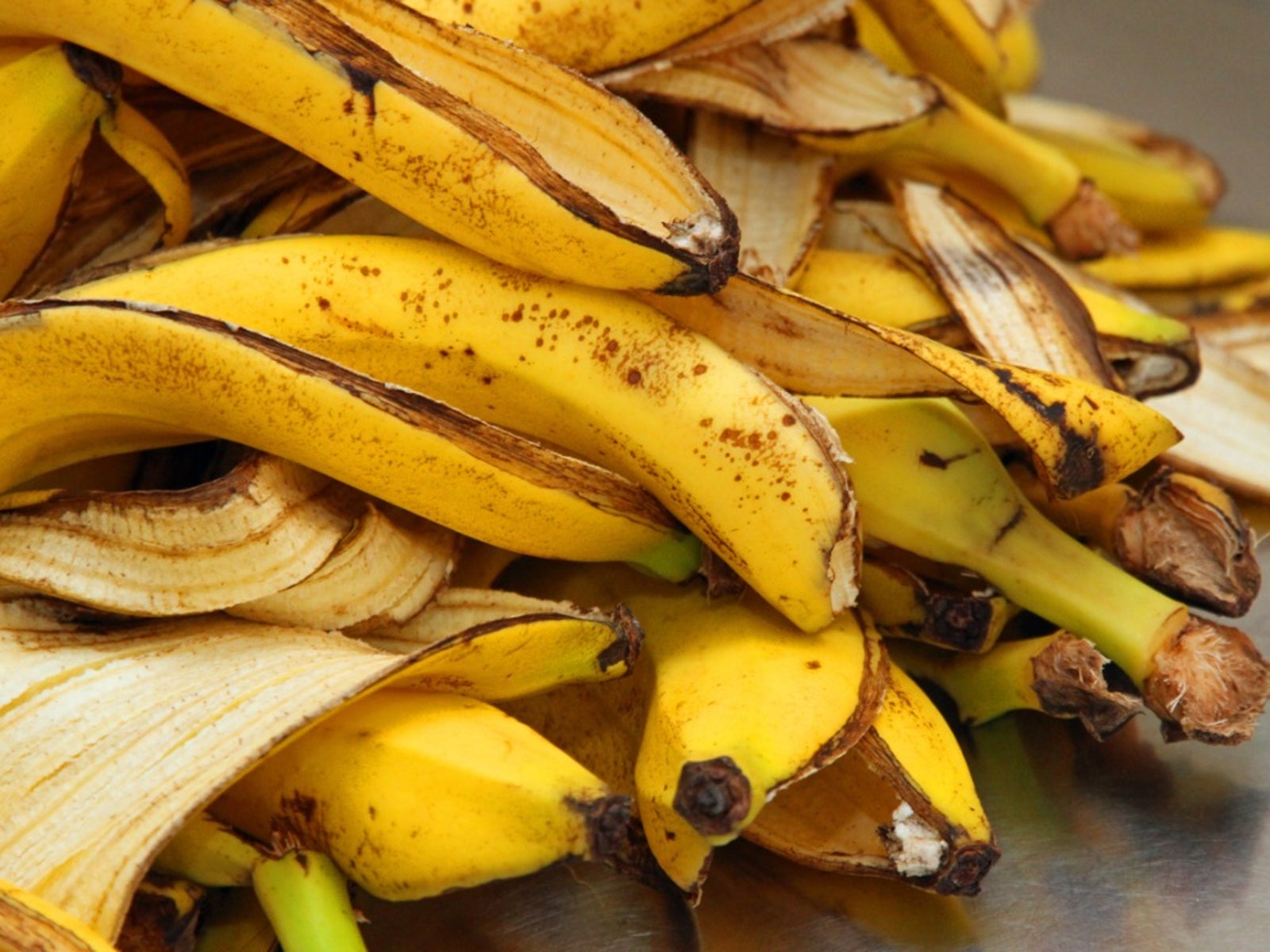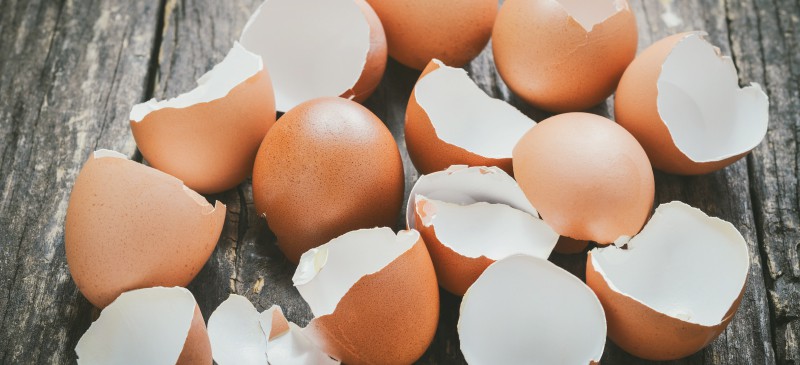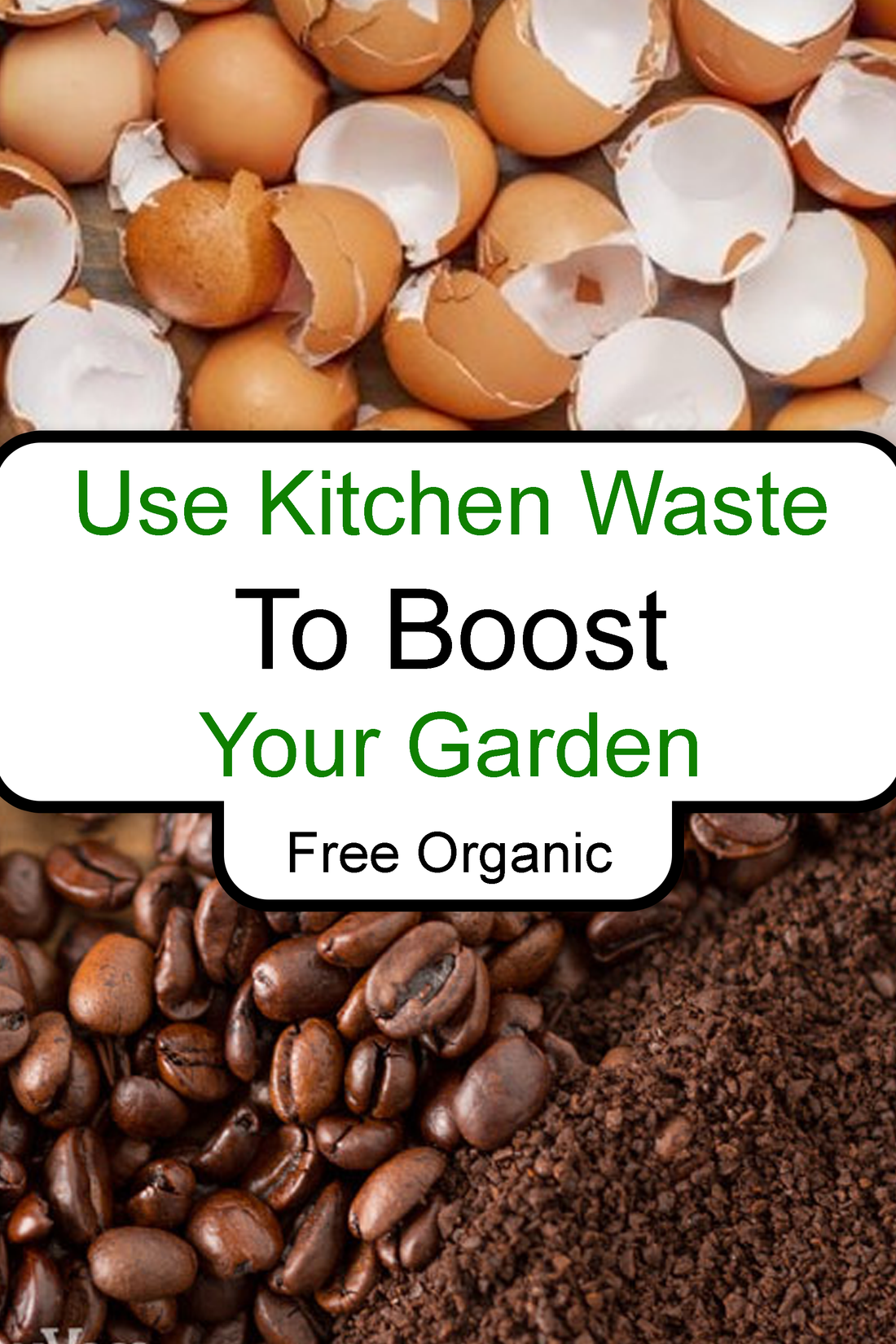Using kitchen waste to aid in the enrichment of your garden's soil is not a new concept. In fact it is the main principle behind composting. This article will focus on what common household waste can be used as super additives to your soil!
To check out our similar article on general natural additives to your soil.
Coffee Grounds
/cdn.vox-cdn.com/uploads/chorus_asset/file/21866270/iStock_1212370223.jpg)
A favorite additive to soils around the world, coffee grounds offer a rich source of nitrogen, as well as a balance of other key nutrients. Either collect your coffee grounds in a large jar, or add to the soil daily. These grounds can be added directly to the soil.
Orange Peels

Orange peels as well as any citrus peel really, can be placed around the garden as a natural insect repellant. These citrus peels help to prevent a wide array of insects from harming your plant such as aphids. Citrus peels are just one step in forming a natural protection of your garden without the use of harmful chemicals. Best of all, these peels will eventually break down and provide the soil with nutrients.
Nut Shells

An often overlooked or forgotten "super scrap" is the nut shell. Anything from peanuts to pistachios offers an excellent addition to the garden. Crush these shells up and sprinkle them across your soil to add a balanced source of nutrients, as well as aiding in the physical makeup of the soil. This helps to provide a course material that promotes drainage.
Tea Bags

Much like nut shells, tea bags are an excellent way to release a balanced selection of nutrients into your garden. They also promote aeration and oxygen levels in the soil, perfect for worms. Tea bags however are often best added to the compost pile rather than directly into the soil.
Banana Peels

Banana peels are just as much an excellent source of potassium for plants, as bananas are for us. Allowing bananas to decompose in your compost pile is a great way to introduce potassium to your soil. Bananas also contain small amounts of nitrogen, phosphorus, and magnesium, all excellent additions to soil.
Egg Shells

A common addition to the garden, often times new gardeners may start seedlings in an egg shell. While eggshells are an excellent source of calcium, it is crucial that the are broken up before the are added to the soil. In order to help them properly mix and decompose. Simply adding a full eggshell will be less effective at delivering the calcium to plants.
What do you think of our list?
Do you use any of these in your garden?
Let us know down below in the comments, or get in contact with us on Instagram @RedHotSeeds

